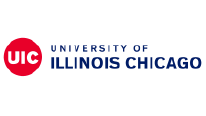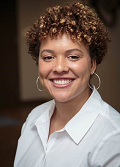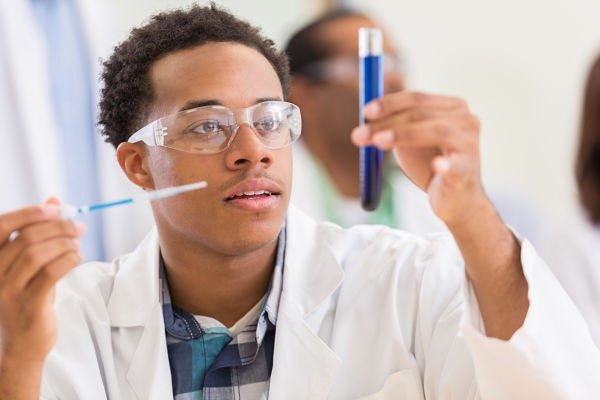ACS Bridge Project
The ACS Bridge Project’s mission is to strengthen chemistry in the United States by increasing the number of underrepresented students who receive doctoral degrees in the chemical sciences.
The American Chemical Society (ACS) is one of five leading scientific societies that have formed the Inclusive Graduate Education Network (IGEN) to increase the participation of women and underrepresented groups in graduate studies in the physical sciences.
To help diversify the graduate student population in the chemical sciences, ACS established the ACS Bridge Project. The ACS Bridge Project consists of multiple components:
IGEN Vision:
"To achieve equity for underrepresented groups in doctoral degree attainment in physical sciences."

ACS Bridge Program
The American Chemical Society Bridge Program (ACS-BP) is an effort to increase the number of chemical science PhDs awarded to underrepresented (UR) students defined by the project as primarily Black, Latinx, and Indigenous students.

ACS Bridge Professional Development
- Bridge Project - ACS Career Kick-Starter
A workshop for graduate students and postdoctoral scholars transitioning into the professional workforce - Graduate School Readiness & Professional Development Bootcamp
A workshop for undergraduate students seeking to pursue graduate studies in the chemical sciences - Travel & Professional Development Award
This award will cover the fees of online workshops, courses, virtual events, and registration, travel, and housing for the hybrid ACS Fall 2022 Meeting. - Bridge Career Conference
A conference for graduate students and postdoctoral scholars transitioning into the workforce and seeking an understanding of different career paths.
Institutions that support the ACS Bridge Program









































ACS Bridge Fellows Spotlight

Danica Gressel
Like many students who apply to grad school, Danica Gressel wondered if she had what it takes to be successful. With help from some great mentors, faculty, and the ACS Bridge Program, she was able to put her doubts to rest and grow in confidence, professionalism, and skill. Read more about Danica Gressel.

Olga Riusech
When Olga Riusech started out in college, she thought kinesiology was the path for her. She wanted to be in health, and she wanted to apply her love for math in her future career. But out of all her science classes, chemistry is the one that gave her the greatest sense of satisfaction. So, she switched her major and joined the graduate department at the University of Wisconsin, Madison, through ACS Bridge Program. Now, she is a second-year Ph.D. student. Read more about Olga Riusech.
The Bridge Project has the following goals:
Increase, within 10 years, the percentage of chemical science PhDs awarded to students from underrepresented groups to match the percentage of chemical science Bachelor’s degrees granted to these groups
Develop, evaluate, and document a sustainable model bridging experiences that improve the access to and culture of graduate education for all students, with emphasis on those underrepresented in doctoral programs in chemical sciences
Promote and disseminate successful program components to the chemical science community
Provide professional development guidance to undergraduate students, graduate students, and postdoctoral scholars underrepresented in the chemical sciences

Did You Know?

In an era of phenomenal discoveries in chemical sciences and related fields, our nation is faced with the challenge of producing a generation of diverse scientific leaders who can tackle 21st-century challenges. Underrepresented (UR) students now make up a third of the college-age U.S. citizens, yet they earn about 18% of U.S. chemical science Bachelor’s degrees and about 11% of chemistry PhDs. Graduation data shows that the current paradigm of moving students from undergraduate to graduate education fails to include many.






The ACS Bridge Project (Bridge Program and Bridge Travel Awards) has support from the National Science Foundation (NSF) through grant NSF-1834545, the Genentech Foundation, DuPont, Bristol Myers Squibb, and the American Chemical Society. The ACS Bridge Travel & Career/Professional Development Awards are partially supported by PPG Industries Foundation. The ACS Bridge Project is a part of the NSF INCLUDES Alliance: Inclusive Graduate Education Network (IGEN). For more information, about IGEN, visit IGENetwork.org. Any opinions, findings, and conclusions or recommendations expressed in this material are those of the author(s) and do not necessarily reflect the views of the National Science Foundation.

